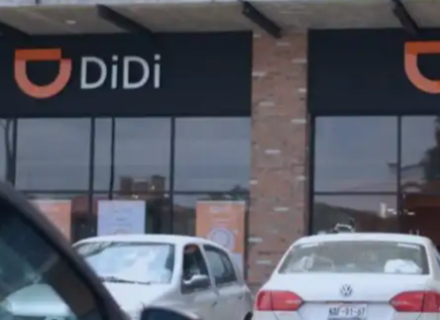Analyst: Bitcoin's Historic Breakout Fails to Confirm, May Face About 13%-24% Downside
Technical analyst Katie Stockton, founder of Fairlead Strategies, noted that Bitcoin's failure to hold above $100,000 for more than a few days has left the historic breakout ‘unconfirmed’ and opens up a potentially weaker scenario for Bitcoin in the short-term, stating that short-term bullish momentum is weak and there is a new daily countertrend signal that supports a downside for Bitcoin in the coming weeks. Bullish momentum is weak, and there is a new daily countertrend signal that supports bitcoin consolidating in the coming weeks before continuing its uptrend. The two support levels that investors should be looking at are the 20-day moving average of $97,233 as of Tuesday morning and the 50-day moving average of $85,342, which suggests that bitcoin could see a downside of around 13 percent. If the 50-day moving average also fails, Katie Stockton pointed to $73,800 as the next possible level for bitcoin, which represents a potential downside of about 24 percent.
Disclaimer: The content of this article solely reflects the author's opinion and does not represent the platform in any capacity. This article is not intended to serve as a reference for making investment decisions.
You may also like
Conflicted Fed cuts rates but Bitcoin’s ‘fragile range’ pins BTC under $100K

Fed rate cut may pump stocks but Bitcoin options call sub-$100K in January

"Validator's Pendle" Pye raises $5 million, enabling SOL staking yields to be tokenized
There are truly no creative bottlenecks in the financialization of Web3.

DiDi has become a digital banking giant in Latin America
DiDi has successfully transformed into a digital banking giant in Latin America by addressing the lack of local financial infrastructure, building an independent payment and credit system, and achieving a leap from a ride-hailing platform to a financial powerhouse. Summary generated by Mars AI. This summary was produced by the Mars AI model, and its accuracy and completeness are still being iteratively improved.
